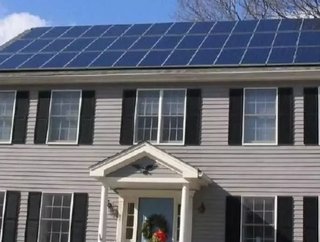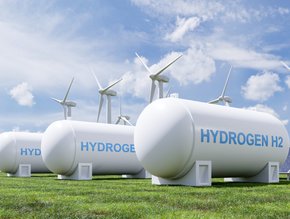Solar Incentives Rebates are at Their Limits

Potentially bad news if you were planning to install solar panels on your home sometime this year—Detroit, Los Angeles and the entire state of Michigan have put a halt on residential solar incentives and other areas are likely to follow.
Energy incentives are always hot commodities and demand is typically high, but demands have exceeded funds before the mid-point of 2011.
Los Angeles’s SolarCurrents program was launched by the Los Angeles Department of Water and Power (LADWP) with a limit of 5 megawatts and the department had to stop taking applications in April because it was already fully subscribed.
DTE Energy, the municipal utility that collaborated with the LADWP for the SolarCurrents pilot program, did not project a timeline for its residential portion.
“One of the things we wanted to learn was what kind of demand was out there, subsidized of not,” said DTE Energy spokesperson Scott Simmons. “We know that there are a lot of people that want to get off the grid, and as far as total installations, in our service areas, there were about 500 [installed through SolarCurrents]. It’s pretty much what we expected."
SEE OTHER TOP STORIES IN THE WDM CONTENT NETWORK
Renewable Geothermal Energy Pumps Up Heat’s Power Potential
Mining Safety: Bioleaching Bacteria Clean Toxic Mine Tailings
The Future of Batteries: A Distributed Approach to Energy Storage
Check out the latest issue of Energy Digital!
Mark Hildebrandt, owner of Michigan solar panel installer Sunventrix LLC voiced concerns over the subsidies elimination’s affect on the economy.
"The sad part is that it created so many jobs in Michigan," Hildebrant told Annarbor.com. "This is all going to change quite dramatically because every installer who was working with this program had lots of opportunities to sell solar. Sure, there will be people who are doing it for environmental reasons and they just want to do it to feel good, etc. But the financial reason is not as good as it used to be."






